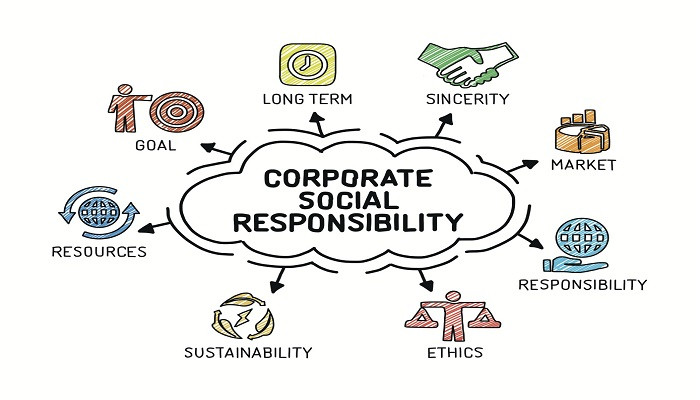
Responsible marketing is a strategy adopted by companies to make their employees, customers, and society in general partners in achieving marketing goals by promoting awareness and individual responsibility. This type of marketing focuses on encouraging individuals to interact with the brand in a positive way and contribute to achieving common goals.
Characteristics and characteristics of responsible marketing:
1. Personal interaction: Encourages individuals to interact with the brand in a direct and influential way.
2. Individual responsibility: Promotes the idea that every individual can play a role in achieving marketing success.
3. Transparency: Includes clarity of goals and expectations to effectively achieve personal responsibility.
4. Empowerment: Provides individuals with the tools and knowledge necessary to be an effective part of marketing campaigns.
Benefits of responsible marketing:
1. Enhancing loyalty: Enhances individuals’ connection to the brand through their active participation.
2. Increasing awareness: Helps spread awareness about the brand in a positive way.
3. Improving image: Enhances the brand’s image as socially responsible and concerned with community members.
4. Deeper engagement: Provides opportunities for deeper engagement with the audience through direct interaction and accountability.
Disadvantages of self-responsibility marketing:
1. Time and costs: It may require a significant investment of time and resources to effectively activate self-responsibility.
2. Cultural challenges: It may be difficult to implement in different cultures or markets where the concept of responsibility differs.
3. Implementation: It may be difficult to balance self-responsibility with commercial expectations.
4. Risks: If goals are not achieved, it may negatively affect the brand’s public image.
Types of self-responsibility marketing:
1. Community engagement programs: These include encouraging individuals to participate in social or environmental initiatives.
2. Individual responsibility in promotion: Motivating individuals to share their positive experiences with the brand via social media.
3. Personal development initiatives: Providing courses or workshops that help individuals improve and develop their skills.
4. Responsibility in customer service: Encouraging individuals to provide constructive feedback and contribute to improving customer service.
Arabic examples:
- Ooredoo: launched campaigns encouraging customers to participate in social and environmental projects.
- SABIC Group: encourages its employees and customers to participate in social responsibility initiatives.
Self-responsibility marketing is a strategy that focuses on making individuals partners in achieving marketing goals by promoting awareness and individual responsibility. It is characterized by personal interaction and transparency, enhances loyalty and increases awareness, but may require a significant investment of time and resources. Its types include community engagement programs and development initiatives, and it has practical applications in Arab companies by encouraging community engagement and social initiatives.

15/08/2024
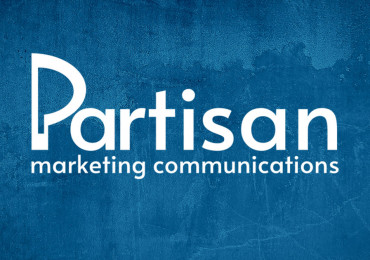
26/08/2024

22/08/2024

16/08/2024
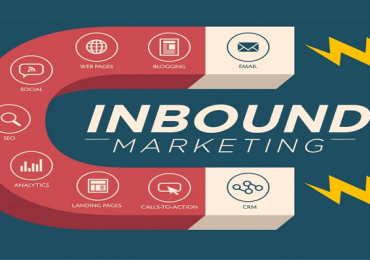
16/08/2024

01/09/2024

18/08/2024

15/08/2024

30/08/2024

26/08/2024
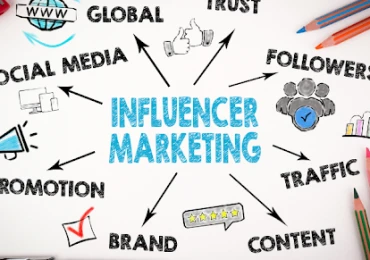
17/08/2024
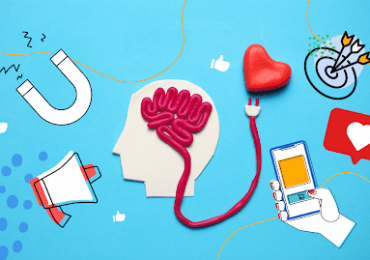
14/08/2024

14/08/2024

16/08/2024

01/09/2024

20/08/2024

18/08/2024

26/08/2024

17/08/2024

20/08/2024